2023 was yet another busy year of travel for History Trust staff as we ventured out of Adelaide to visit some of our MaC members and other regional museums.
In January we visited the Riverland to check in with Loxton Historical Village following their near miss with flood water in late 2022. Loxton had so many boxes to unpack after their temporary re-location, and the team used the opportunity to re-imagine some of their displays and storage options. We were also glad to support the Village as they marked their 50 year milestone in July.
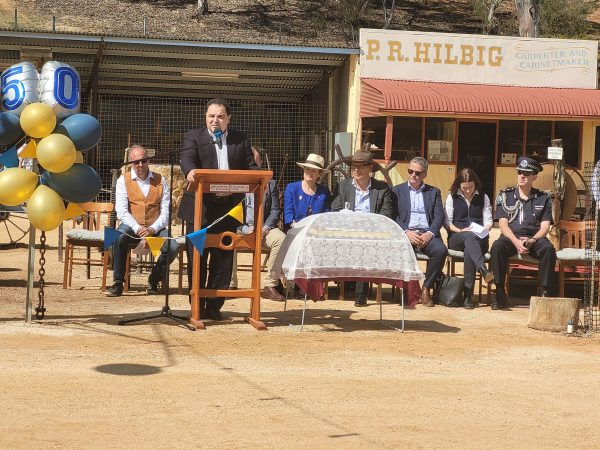
With funding from SAFECOM, the History Trust and Artlab were able to deliver Disaster Resilience Training and assistance with four MaC member groups. St John’s Museum at Brighton was first cab off the ranks in March, followed by The Hahndorf Academy in April.
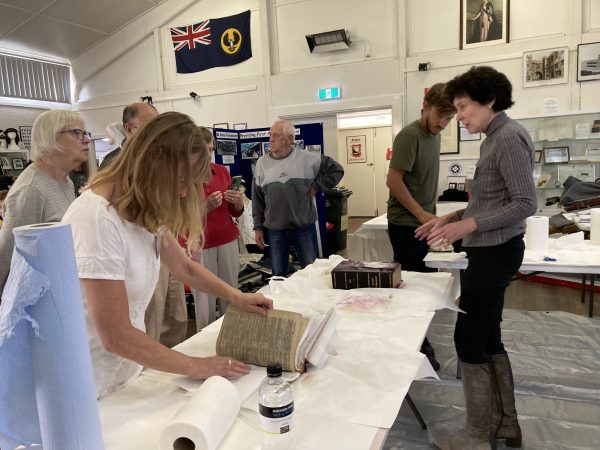
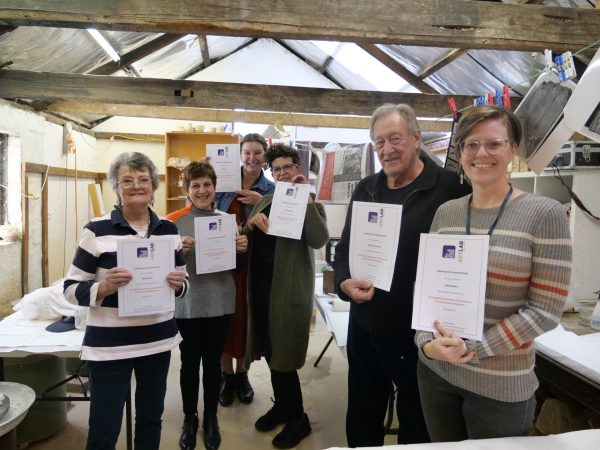
In June we headed to the Mill Cottage Museum in Port Lincoln to facilitate training with volunteers from Port Lincoln History Group and Axel Stenross Maritime Museum. The fourth and final workshop was held at Clare National Trust in July/August.
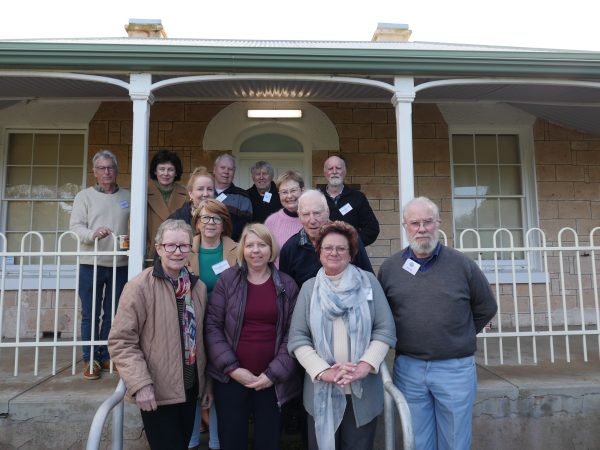
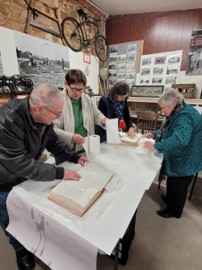
It was again wonderful to see so many regional museums participating in the History Festival. However, we were pleased to attend a few of 2023’s offerings. Brinkworth History Group arranged a visit to see the Brinkworth RSL collection, while Peterborough History Group launched their project to commemorate the historic Parnaroo Hall.
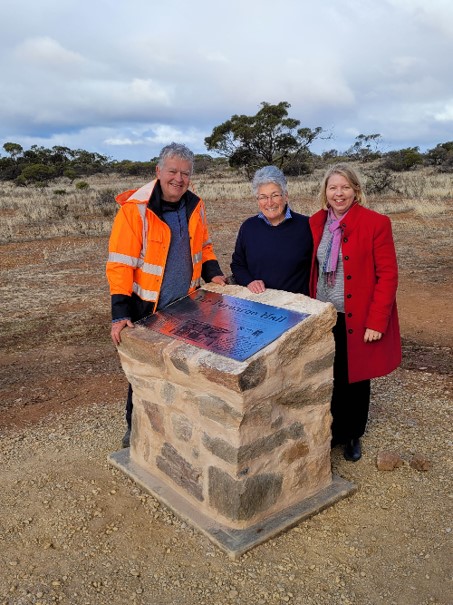
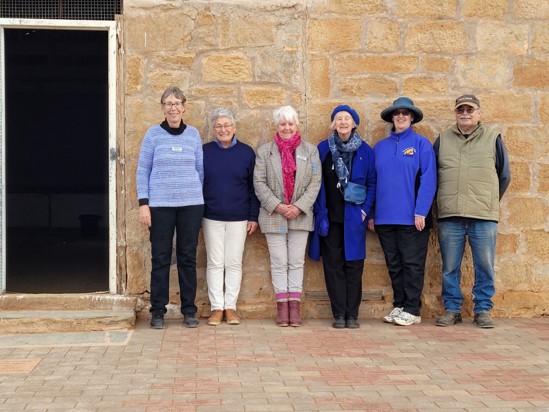
In the latter part of 2023, we worked closely with Melrose Museum as they organised some display change overs. Moonta Branch National Trust of South Australia also gave us insight into their object biographies project, activation of the Miner’s Cottage space, and an exciting 3D printing history project done in conjunction with local schools and Maker’s Empire…
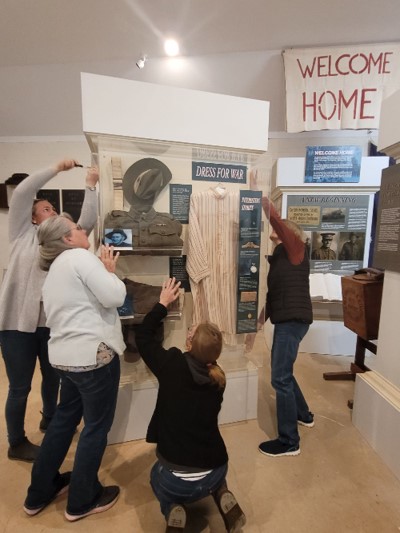
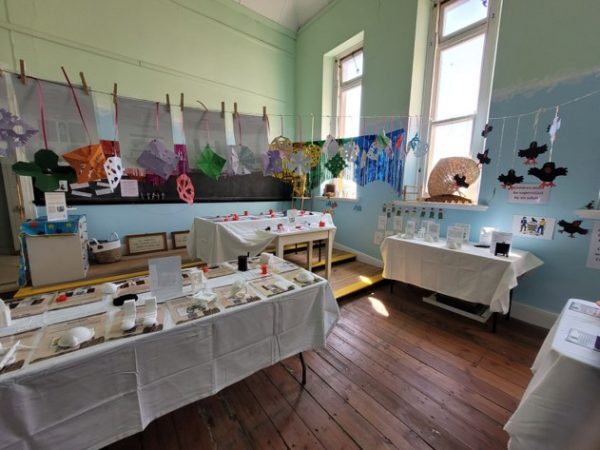
… new MaC member Mannum History Group launched their photographic display about the 2022 floods…
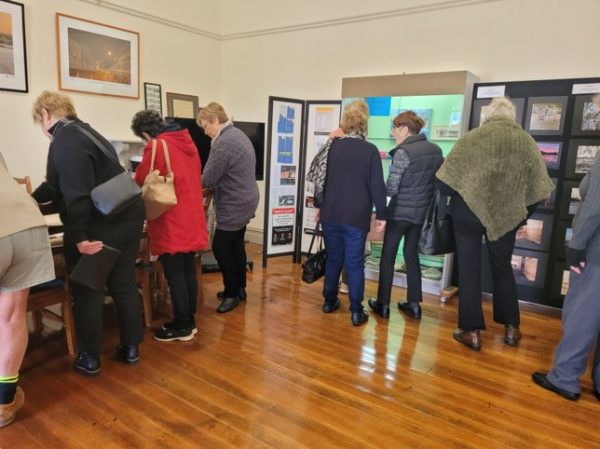
… and we were also excited to see that Hollywood has left its mark in Cambrai! Cambrai Museum acquired a fibreglass rock used in the making of Mortal Kombat, which was partly filmed in the area.
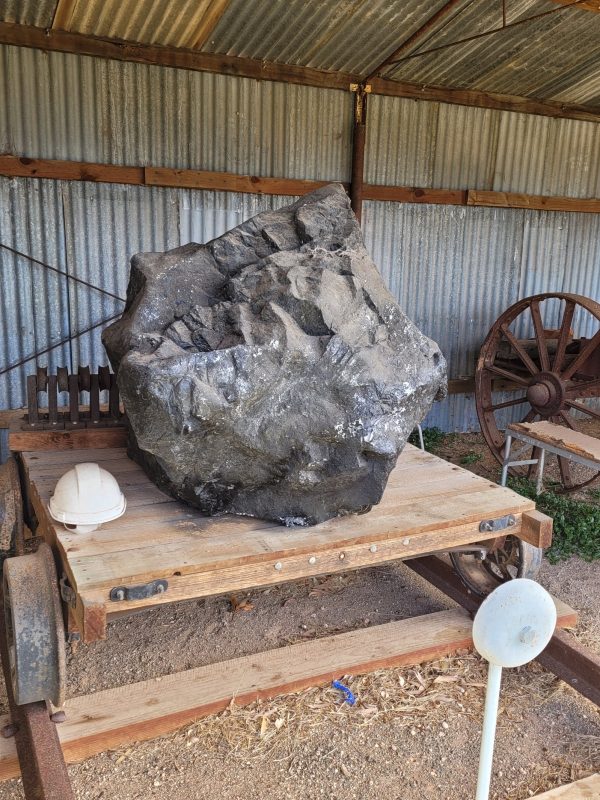
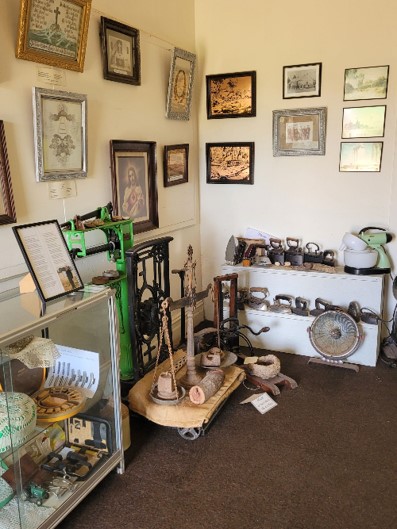
November was an especially busy month as we headed to Whyalla Maritime Museum, Mount Laura Homestead Museum, Port Pirie RSL Museum, Crystal Brook Museum, and Kimba & Gawler Ranges Historical Society Museum. Mount Lara Homestead Museum, Whyalla, is also home to some of the Telstra Collection that used to be located in Electra House on King William St Adelaide.
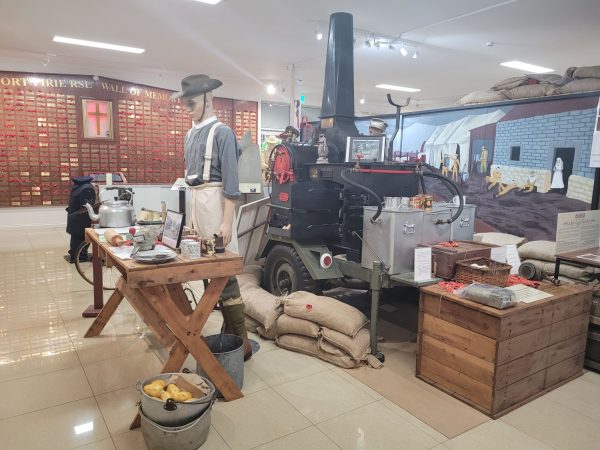
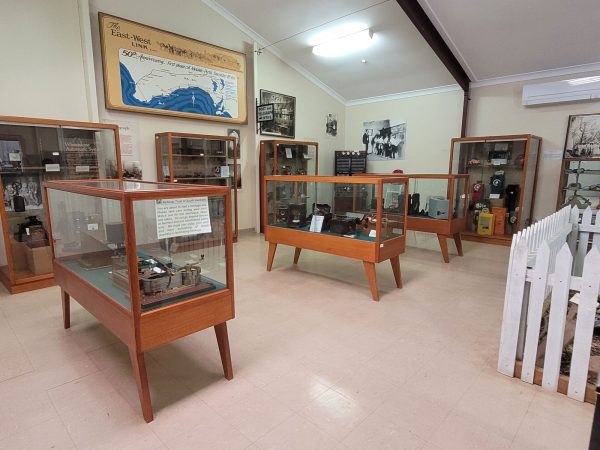
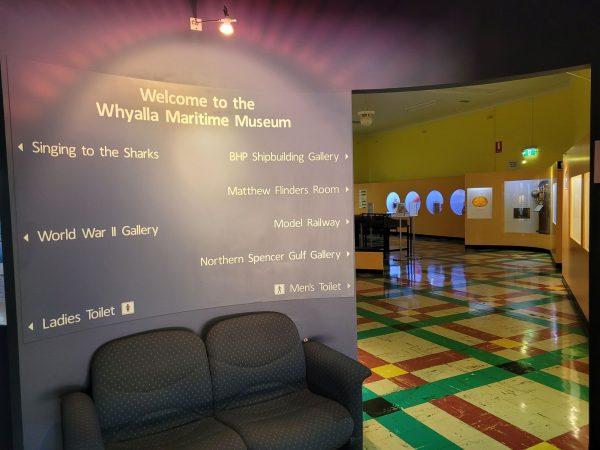
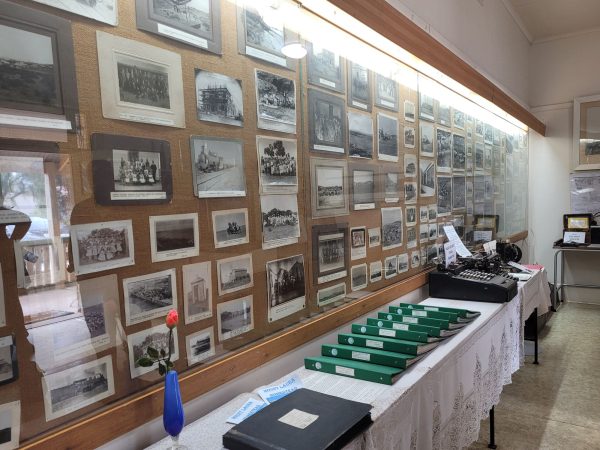
We also spent some time with prospective new MaC members, Crystal Brook History Group.
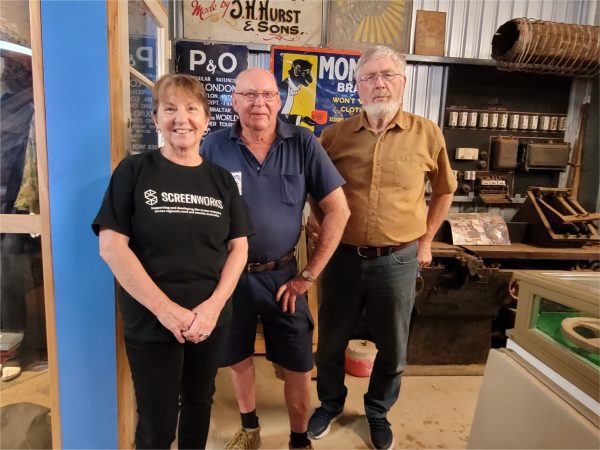
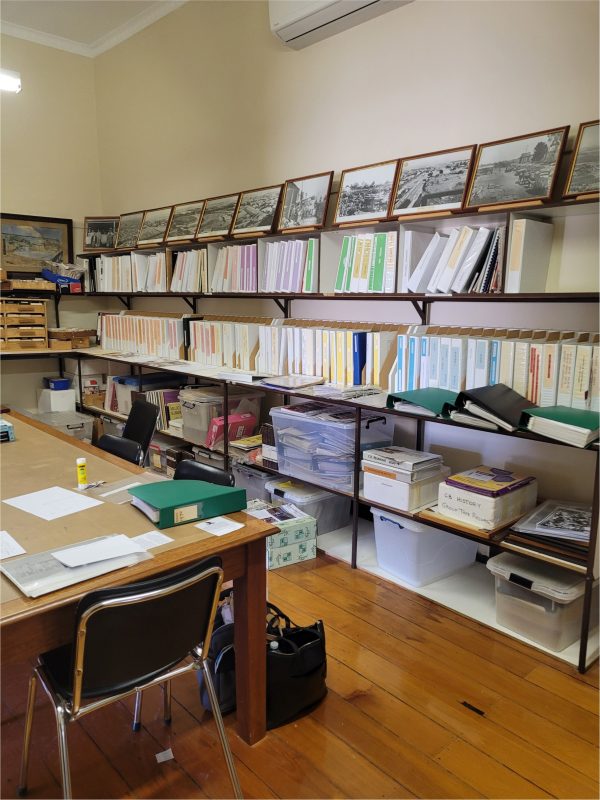
Of course, no trip to Kimba and the South East is complete without a stop at The Big Galah, which has recently been repainted and looking as vibrant as ever.
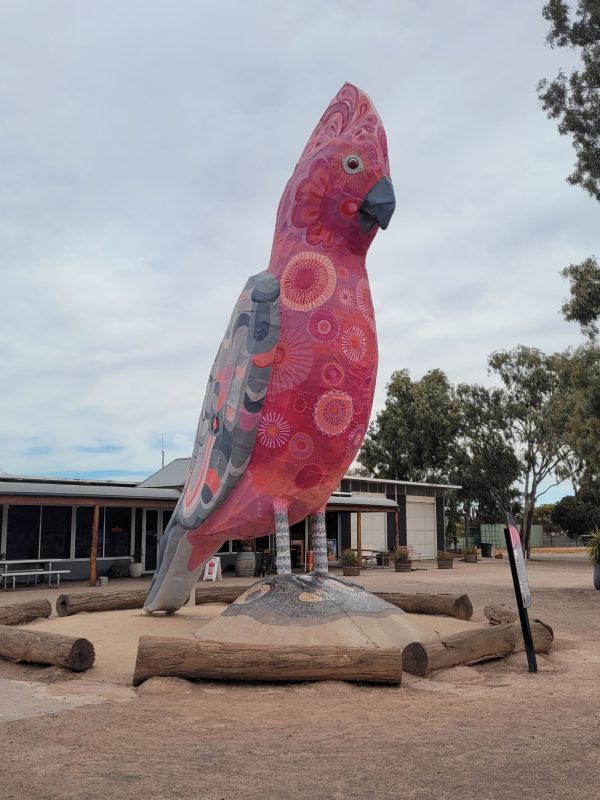
What a busy year it was! Thank you to all the museums and groups that welcomed us in 2023. History Trust staff look forward to working with more of our MaC members and members of the wider SA History Network in 2024!
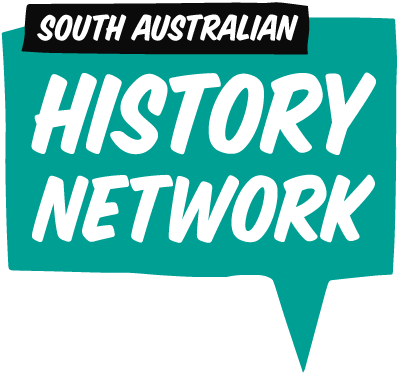
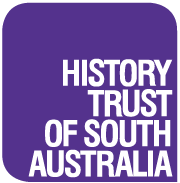
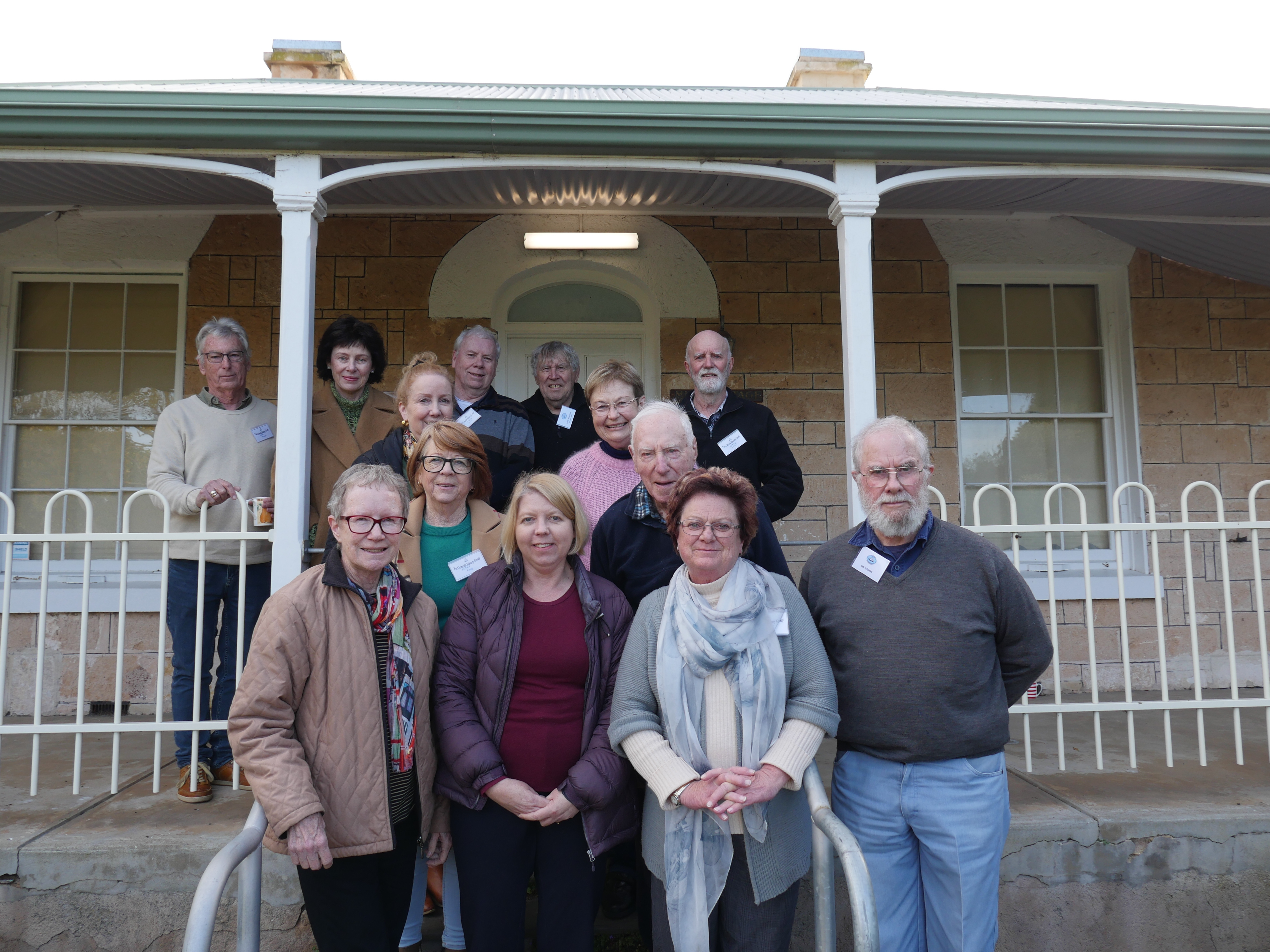
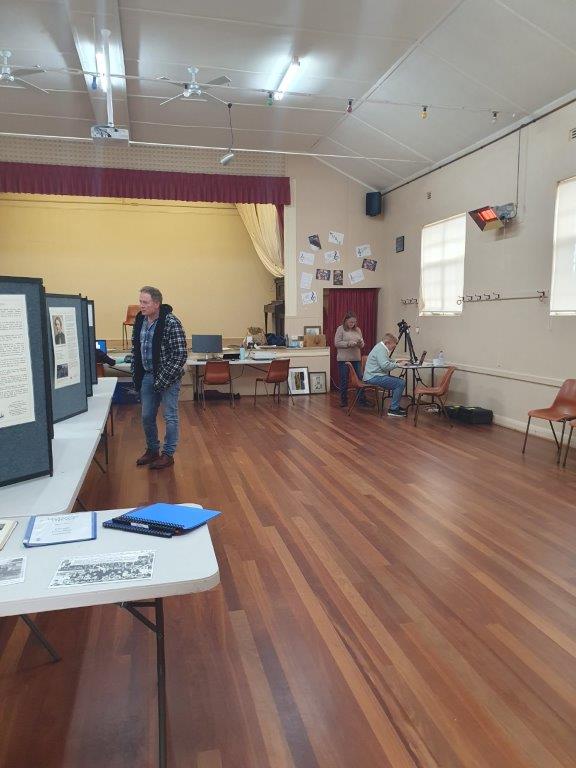
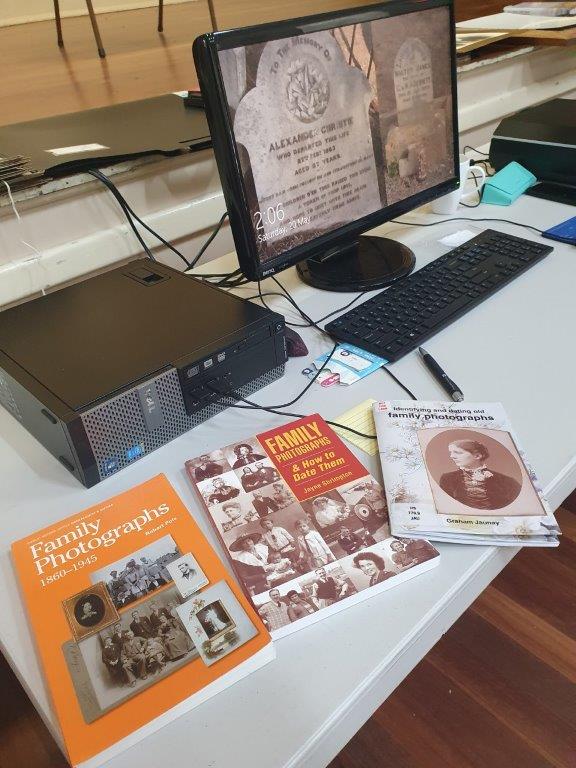
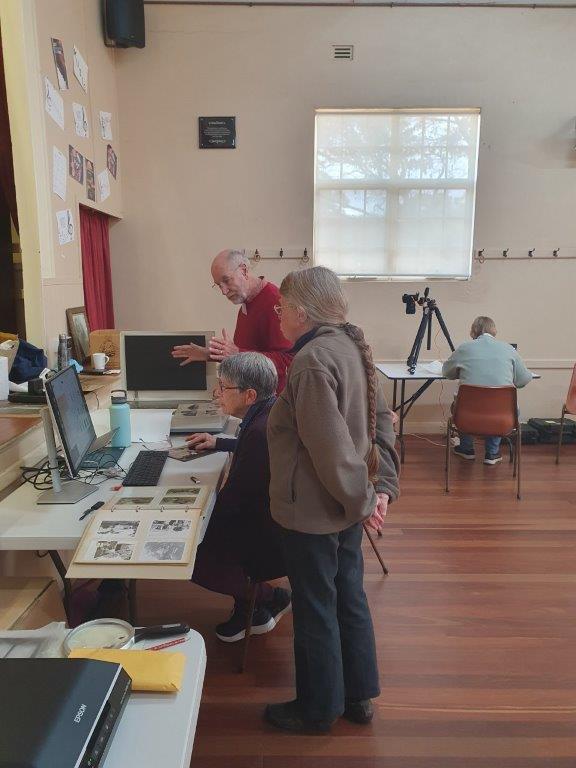
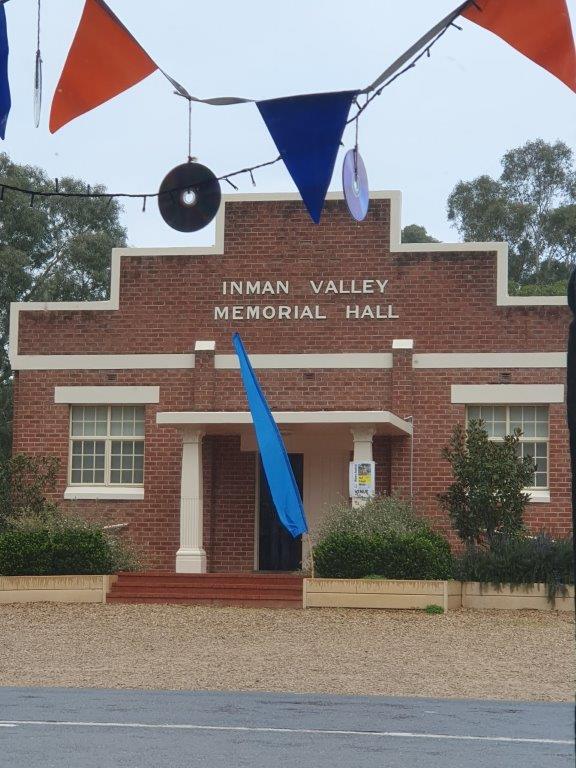
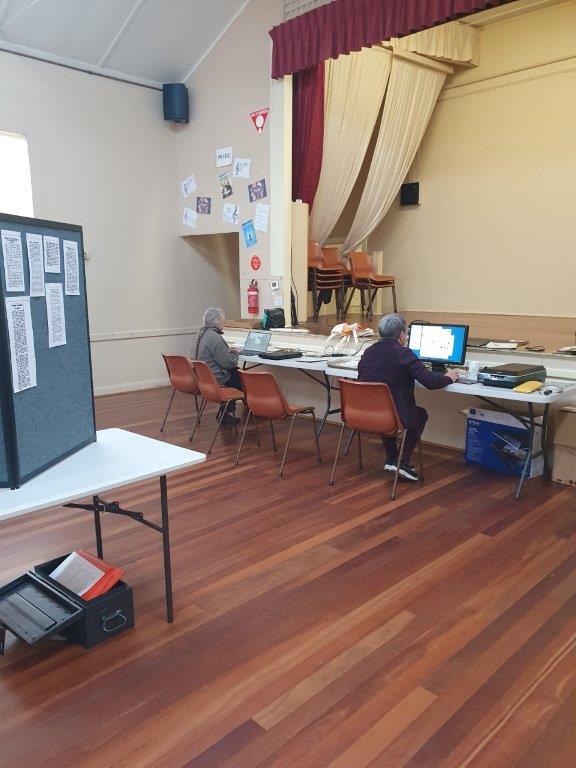

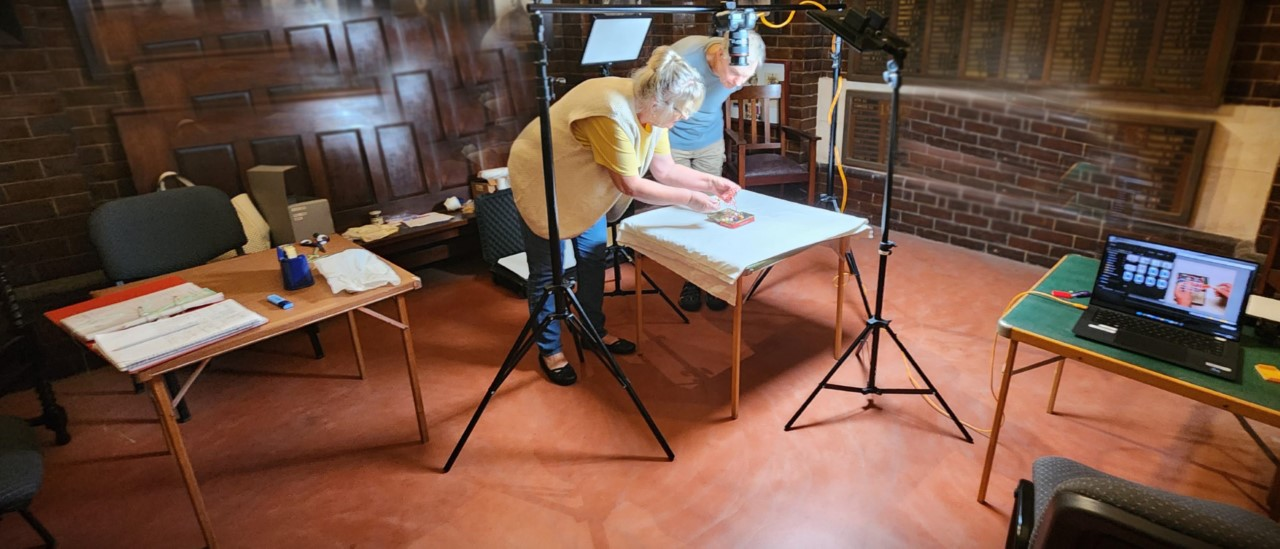
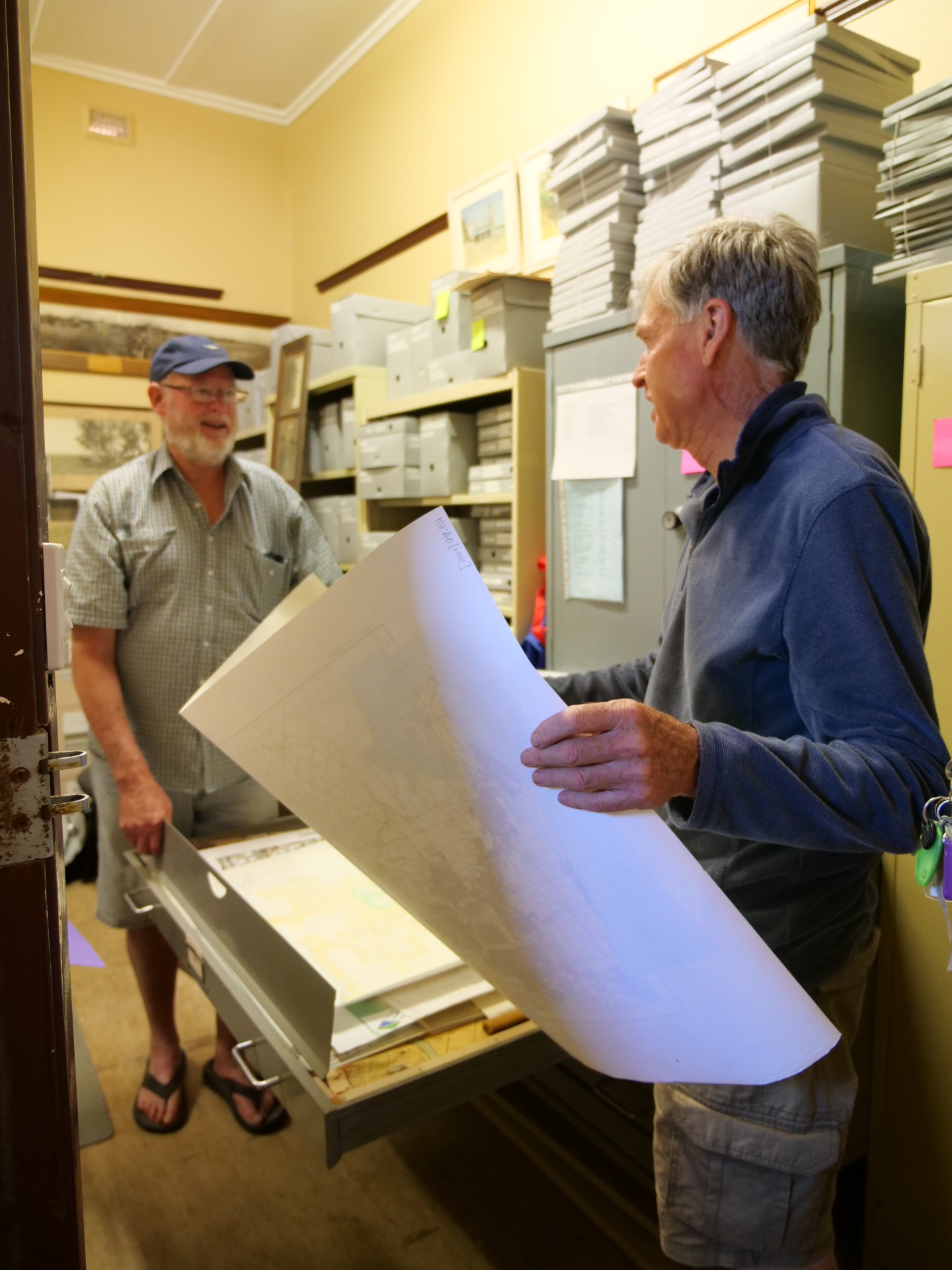
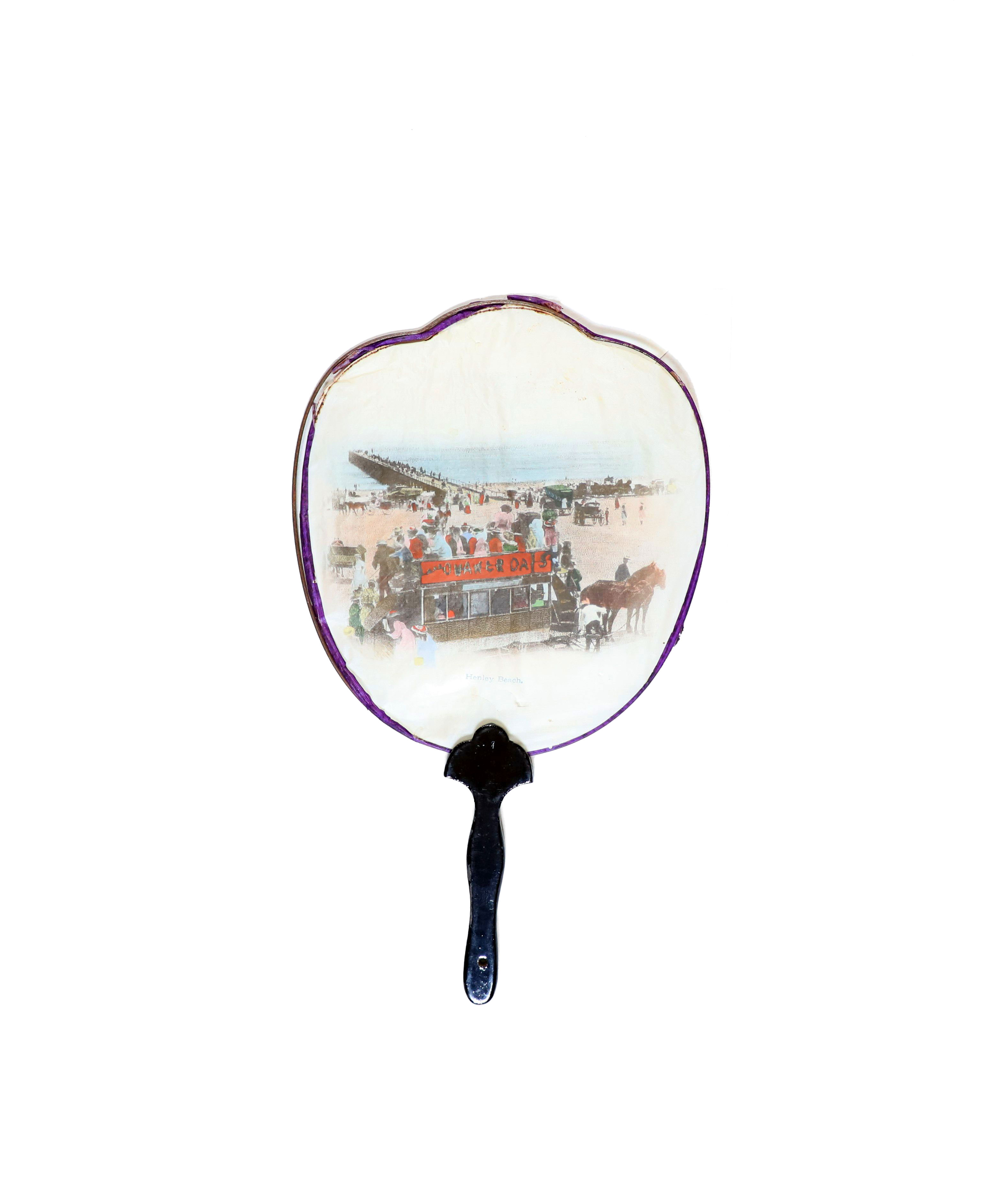
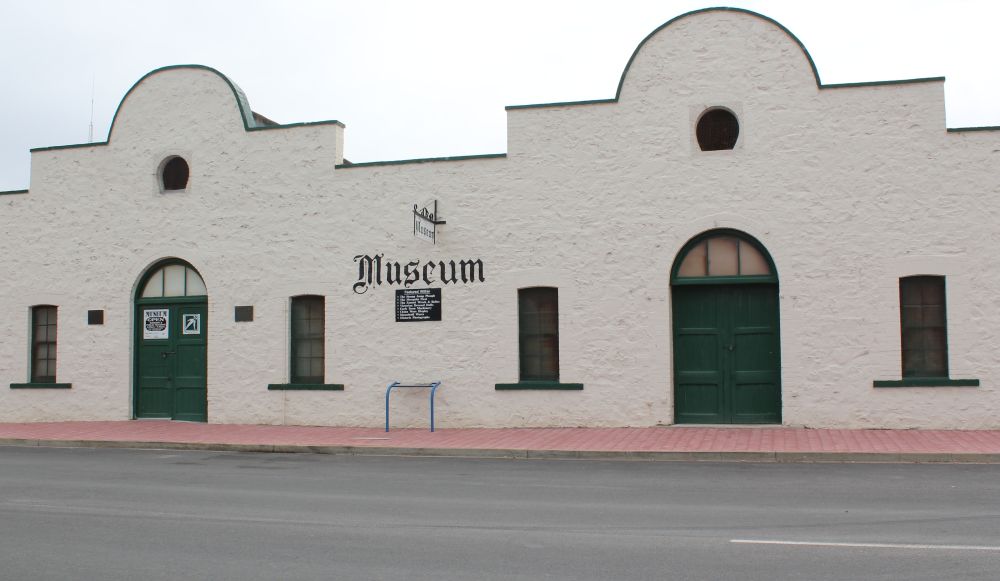
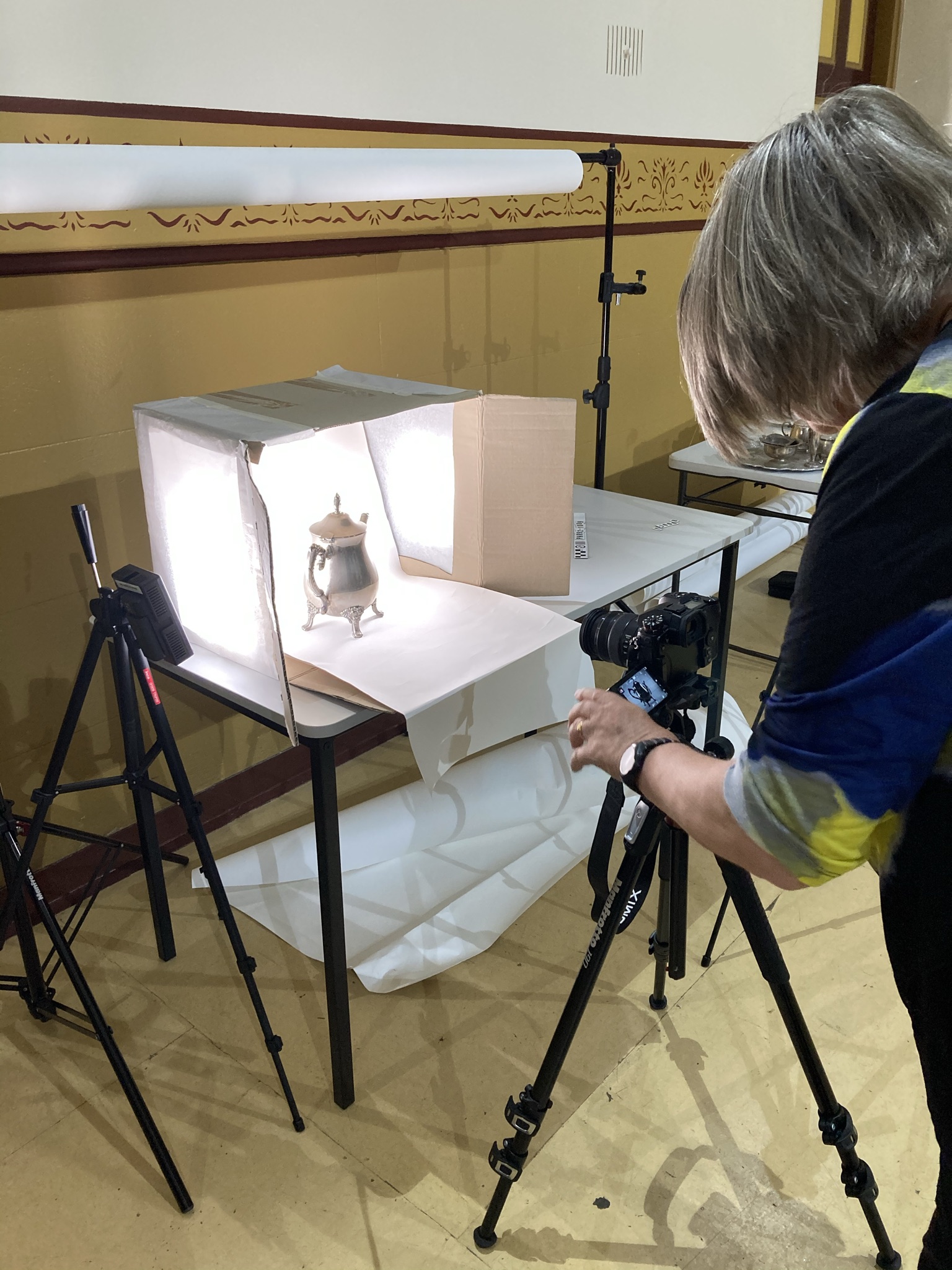
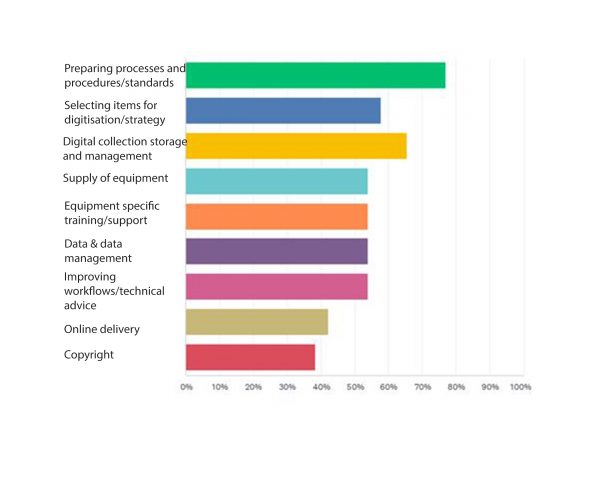
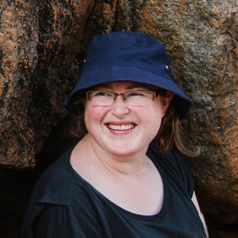 Eleanor Adams
Eleanor Adams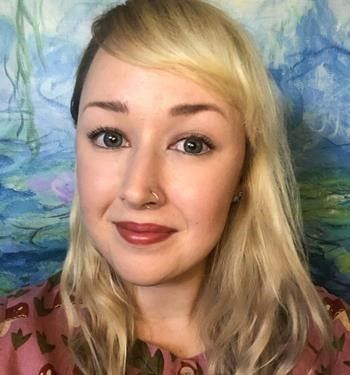
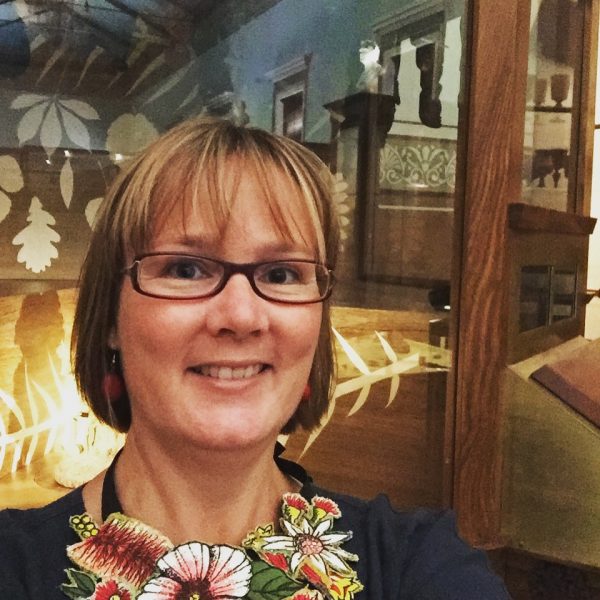



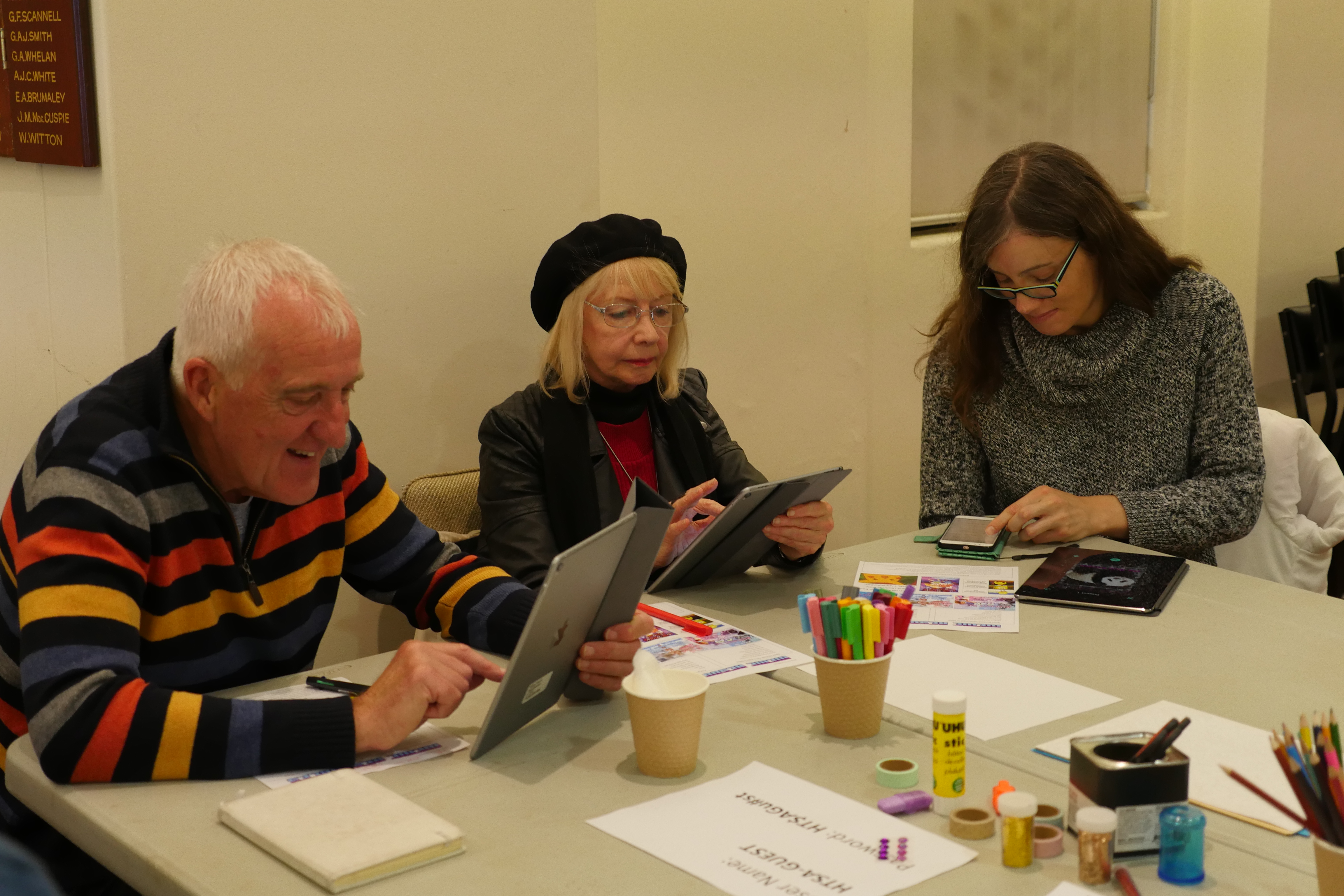
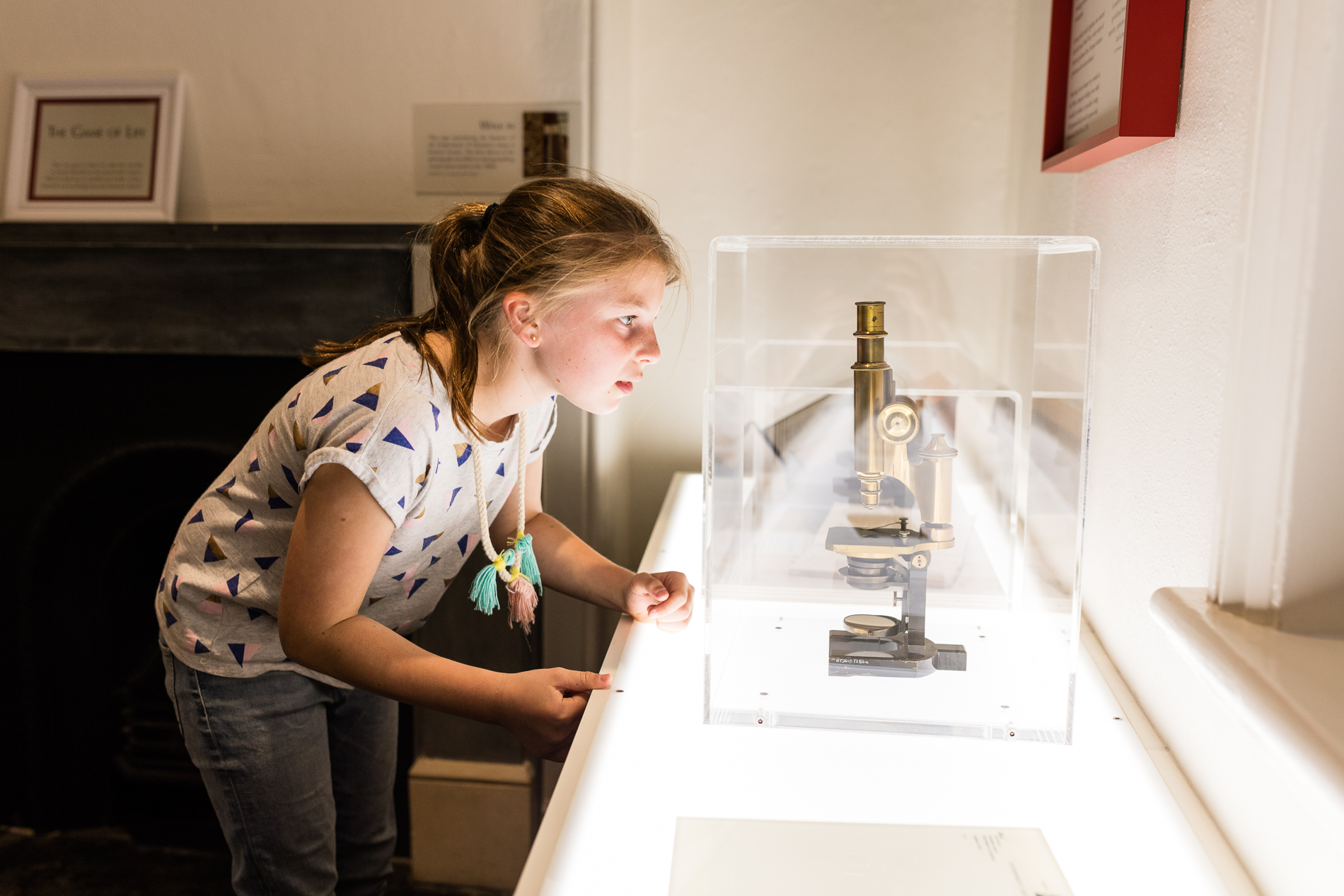

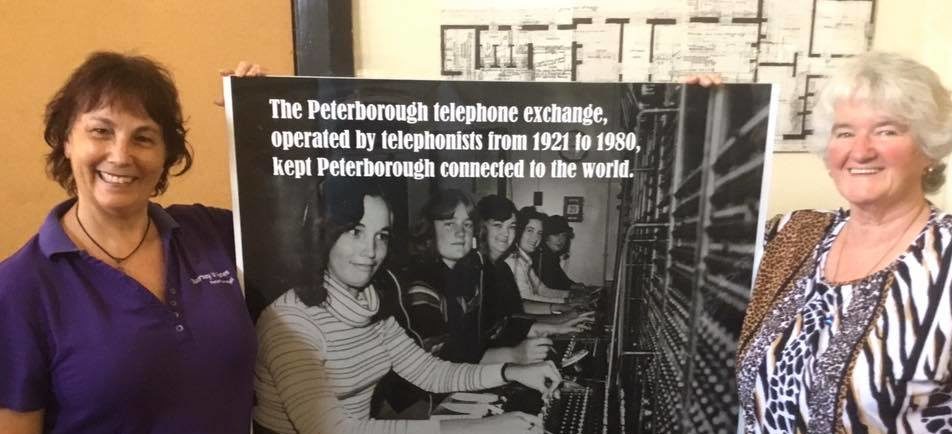
Recent Comments